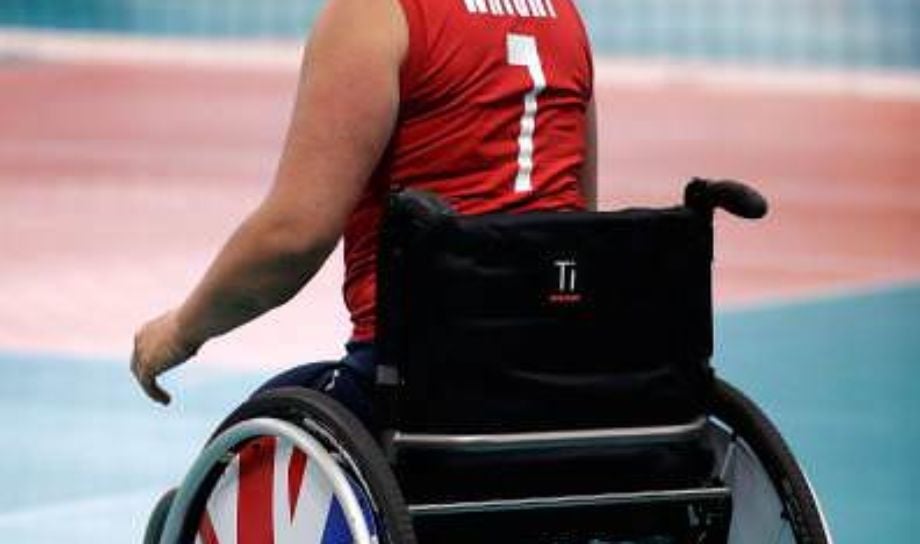2012 London Paralympic Marathon Preview


There is always a tremendous amount of coverage for the Summer Olympics, primarily because it is considered as one of the world’s greatest sporting events and rightly so. Every four years, the Summer Olympics highlight the world’s greatest athletes in hundreds of events with hundreds of millions of people following the games on television.
Unfortunately, there isn’t close to the type of coverage for the Paralympics, now underway. It’s certain that anyone who watched the Opening Ceremony for the London 2012 Paralympics will say that it was as grand and glorious as their Olympic counterparts a month earlier. It’s also unfortunate that there isn’t as much coverage for Paralympic athletes, especially since their own individual paths to the Paralympics may have been far more difficult. And just because all the these individuals live with a disability, it doesn’t mean that they don’t possess the skills of a world class athlete. Just ask Olympian Oscar Pistorius, the South African “blade runner”, who became the first athlete to compete in an Olympics with prosthetic limbs who’s also competing in the London Paralympics.
One example of an athlete overcoming tremendous adversity is the story of Martine Wright, a strong willed woman who lost both her legs when suicide bombers set explosives on board three London Underground trains in 2005, killing 52 people. During her long rehabilitation, she became interested in sports, first with wheelchair tennis and later in sitting volleyball, where participants must remain seated on the court but maneuver with their arms and legs to play volleyball. Martine Wright now uses prosthetic legs in everyday life but on the volleyball court, she now covers the court using legs that were amputated above the knee and upper body strength.
The four events are based upon a classification system that rates an athlete by their degree of disability to which they are limited in their ability to perform a Paralympic sport. The following are classifications apply to the athletes who will compete that day.
Classifications
T12 – event are athletes with have a visual impairment
T46 – event for athletes with an impairment that affects their arms or legs, including amputees
T54 – event for wheelchair races
Paralympic Marathon Start, Sunday September 9, 2012
Men’s T12 and T46 event: 8:00 a.m.
Men’s and Women’s T54 event: 11:30 a.m.
T12 Men T46 Men
Joachim Machado of Portugal Ait Khamouch Abderrahman of Spain
Andrea Cionna of Italy Tito Sena of France
Igor Khavlin of Russia Frederic van Den Heede of France
Shinya Wada of Japan Chris Hammer of the United States
Cristian Valenzuela of China Alessandro di Lello of Italy
T54 Men T54 Women
Josh Cassidy of Canada Wakako Tsuchida of Japan
Kurt Fearnly of Australia Diane Roy of Canada
Aaron Pike of the United States Edith Wolf of Switzerland
Rafael Botello Jimenez of Spain Shelly Woods of Great Britain
Michael Filteau of Canada Christina Scaroni of the United States
Like the Men’s Marathon event at this year’s Summer Olympics in London, the Paralympic Marathon will be held on the last day of competition. But unlike the London Olympics, there are four Marathon events rather than two.
On Sunday September 9, three men’s events and one women’s begin along The Mall and consists of eights loops that’s nearly identical to the Olympic Marathon course that was used last month. After the start, the participants will head out to towards the River Thames and the Victoria Embankment, then pass by the familiar London sights of St. Paul’s Cathedral, the Tower of London, the Houses of Parliament and Big Ben and Buckingham Palace. Like the Olympic Marathon, the Paralympic Marathon will finish at the Mall. It is hopeful that with all events, including the Paralympic Marathon will generate the additional coverage and interest it deserves.





